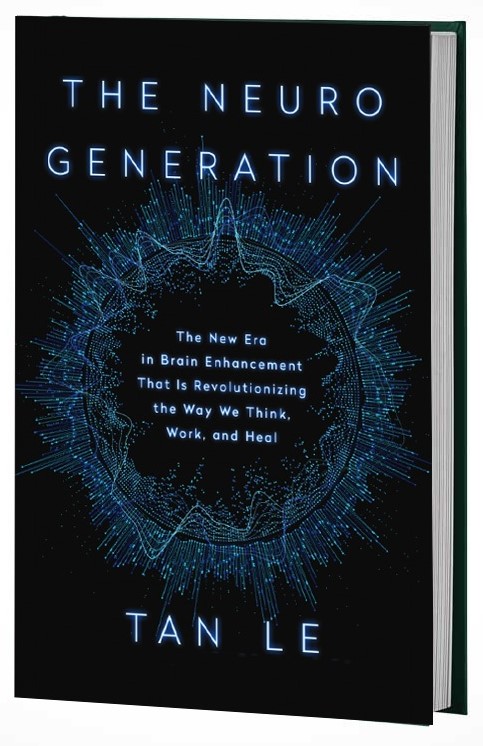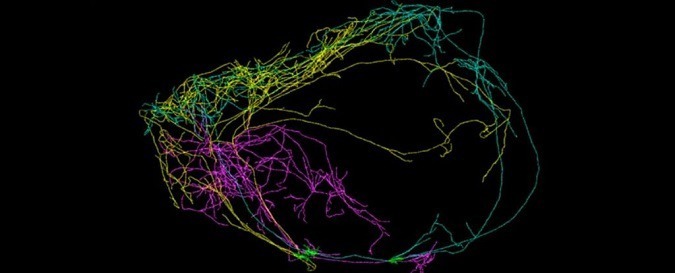Posts Tagged ‘cognitive-processes’
What’s normal? When it comes to the brain, it’s hard to say, and that’s why we need to study global neurodiversity
In a small village in India—a place so remote it has no electricity, no telecommunication system, and no cars or buses—a research worker prepares to place an EEG headset on a female villager’s head. The woman, who earns $3.75 a day laboring in a nearby rice paddy and who has never ventured outside her village, eyes…
Read MoreNew brain imaging methods help detect giant, superconnected neurons such as this one (in a mouse’s brain)
A Giant Neuron Has Been Found Wrapped Around the Entire Circumference of the Brain (Science Alert): “For the first time, scientists have detected a giant neuron wrapped around the entire circumference of a mouse’s brain, and it’s so densely connected across both hemispheres, it could finally explain the origins of consciousness.
Read More10 Brain Tips To Teach and Learn — Ideas for New Year Resolutions
Here are top 10 brain tips for everyone to learn and apply. These tips helps you to a healthy brain tips.
Read More10 Brain Tips To Teach and Learn
Here at 10 more brain tips to teach and learn
Read MoreBrain Games: Spot the Difference
“Spot the difference” brain games for your cognitive development. Many people miss something when they look at pictures. Try out this.
Read More

